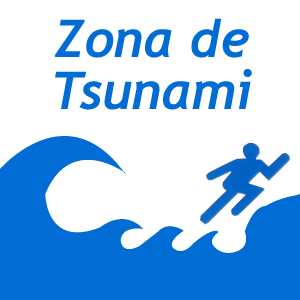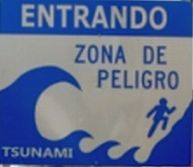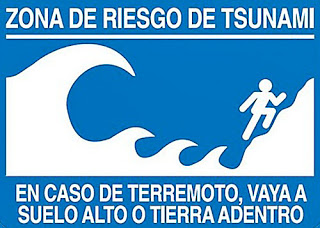Helps – Money, Tipping and More
I give these suggestions only to make your vacation be hassle free. Many of these precautions are very obvious. They are precautions any wise human would use in any country throughout the world. The problem (or the non-problem) in the Dominican Republic is once you see the glorious sun, the white sand beaches and have a little bit of the refreshing beverages you forget your inhibitions and let your guard down. Relax and enjoy. Just be aware of your surroundings as with any place you travel the world over.
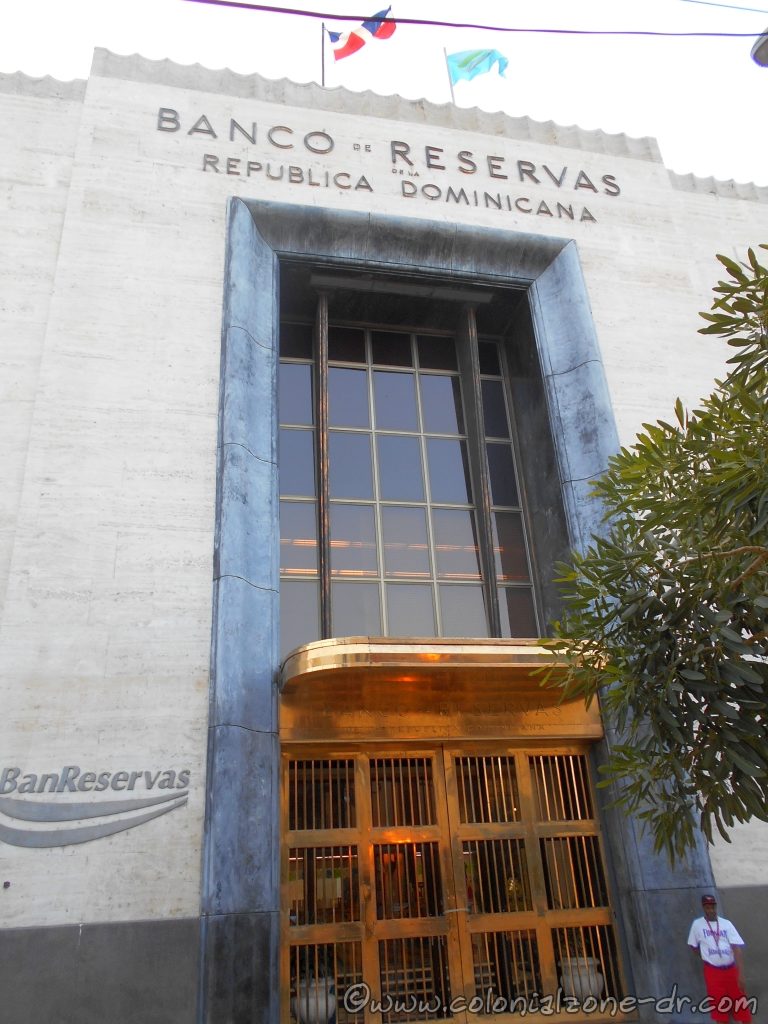
Money
*Note the difference between a BANK (exchange, deposit and do money transactions) and a BANCO (making bets or playing the lottery)
*The Dominican Republic uses the Dominican peso. It is always better to pay for things with the peso than with other currency. When you arrive in the country exchange the money you will need right away at the airport. When you get out of the airport you will usually find exchange rates to be better at banks or cambios (currency exchange offices). Check the posted rates for any given day. In general, hotels and restaurants will not give you as good a rate as banks or cambio places.
*BEWARE the money changers in the street. Some are good and reputable and work for an exchange business usually close by where they are standing. To be safe NEVER use this manner of exchanging your money unless you know these people well. No matter how smart you think you are these people are smarter. The ones that are thieves have perfected their art. Many will take advantage and be off and running before you even know what happened. Ask around to find a reputable cambio office. Always check rates.
*If you have a safe in your hotel use it. Don’t carry all your cash and documents on your person. Just in case. I suggest making a copy of your passport and carry that for identification purposes. You cannot use a copy if you are doing some sort of business or exchanging money in a bank, but for general identification purposes carrying a copy of this document is the safest. (I suggest making copies of all documents, credit cards and important items and email them to yourself. This way you have copies of everything if something bad happens.)
*When you do exchange money, especially in a Cambio business make sure to count it in front of the exchanger. Many have been known to do the short change trick (folded money, counting fast..etc.).
*It is best to use a Western Union office or bank to exchange your monies if you are not sure of a Cambio office. They are much more secure. Usually the rates are not too bad. I do have a few cambio/ exchange places that I know are reputable here in Colonial Zone listed in the business section. Remember to take original ID with you when you exchange money. Copies are not accepted.
*When you do exchange money make sure you put it away before going into the street. Carrying money in the open is like a hand written invitation to any potential ladrone/ robber in the area. Also, if any vendor sees you flashing money they are for sure going to charge you top price for anything you purchase from them.
*As with any large city you visit don’t be stupid. No matter what city you visit in the world there is always someone around looking to take what others have. So don’t make what you have obvious inviting potential problems.
*I also suggest putting your money in different places on your person (I always do this anytime I visit a place where there are people milling about). Put a little in your shoe. Spread it out in 2 different pockets. Ladies put some in your bra. This way if you are robbed they will not get it all and you will not be stranded someplace with no food money or cab fare.
*Using a bank machine also called a cajero in Dominican Republic. If you can find a swipe machine instead of one where you have to lose hold of your card it is better. This way, just in case, the machine eats your card, you don’t have to go through all the frustration of calling your home bank, canceling the card, or worrying that someone will get hold of it and use it. Remember – DOMINICAN REPUBLIC HAS A VERY HIGH PERCENTAGE OF CREDIT CARD AND BANK FRAUD.

*It is always more secure to use a bank machine located inside a bank. This way if your money does not pop out (as sometimes is the case) you can go into the bank and deal with the problem there. A machine outside of a business is not owned by the business where the machine is located and they cannot help you if you lose money or your card.
*I suggest, if you need money from a credit card, why not go into a bank and ask for the money from there (just make sure you have your passport and ID or they will not do the transaction). Dominican Republic does have a very high rate of credit card fraud. If you decide you do want to use a credit card here make sure to check your statement and keep all receipts just to be on the safe side.
*Try not to pay for services in advance. Hotels and tours on line are usually fine but I have heard stories about someone booking on line only to find that there is no such hotel and no phone number to contact anyone. If you pay a small business, taxi, or person in the street, there is a good chance they will conveniently forget about the deposit and you will be out of luck (and money). There are many reputable businesses that are safe. Try and get some referrals if possible. Just be cautious of the person in the street.
*If something does happen, which it can happen to the most street savvy person in the world (even a thief can be robbed by another thief), don’t let it ruin your vacation. If you are in a resort or hotel report any loss to them. If the loss or thievery happens in the street and you want to report it to the police and it will make you feel better, do so. Many times the police know the thieves in their area and will be able to recover an item. Especially in the tourist areas, they are usually willing to help.
*Be aware when playing in the Casinos. They are not regulated as closely as in some other countries. Watch and fight for what you feel is your correct payout and I suggest only playing games you know. Try not to use your credit card when playing this way you know your limit and they cannot take money without you knowing. Also, be aware of people watching you and how much money you are winning. The men or women are known to follow those with money and make certain offers for a price (wink wink). Remember, if you do go in debt to a casino they can stop you from leaving the country until your debt is paid.
*Travelers Checks are NOT the same as cash here in Dominican Republic. Maybe you will not have a problem cashing a travelers check in some of the larger hotels and resorts but, in general, most places DO NOT take them. Banks will exchange a travelers check (sometimes) but you may have to wait for hours for them to make sure the check is good. (Trust me on this one, my family was here and we waited 3 hours in the bank to exchange $100 in travelers checks in US Dollars and I even had an account in that bank). Many places, if they do cash the check, will charge you a small fee to do so. So, in the end, you pay for the travelers check, you pay more for the bank to make the exchange, and you wait a long time for all the transactions. Read my blog, The Dominican Gringa, about our Travelers Checks /Fat Chance story.
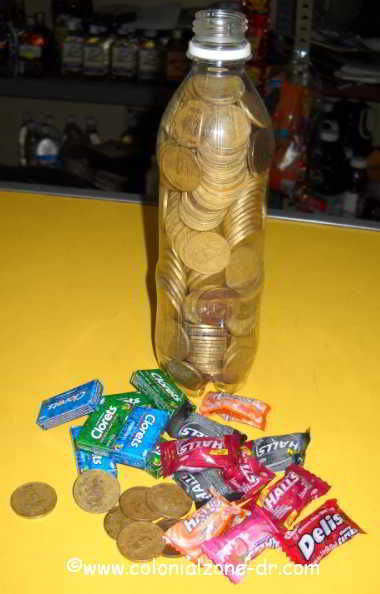
*Many times here businesses do not have small change. Paying with small bills or coin is best. When you exchange money ask for smaller bills. Businesses are known to either give you chicklets or halls as change when they have none or they will just keep the change. Remember, chicklets and small pieces of candy here are considered to be a form of money. Not for paying for an item but when receiving cash back candy is a form of currency.
*Business will round up the cash amount. Say you buy some groceries and the bill is $23.50 pesos. We do not use centavos here any longer even though many of the products still are priced this way. They will round the bill, either up or down (usually up), a peso.
*There is an 18% sales tax called ITBIS or Impuestos included on most bills you will receive. In 2013 at the beginning of the year the ITBIS rose from 16% to 18% and 10% will be imposed on many of the past tax-exempt items. Some show this amount on the bill others do not. This is a countrywide tax. It is the way the government charges taxes to all people equally. Also, many times, there is a 10% fee added for tips or service charge. Check your bills.
ALWAYS KEEP THE PHONE NUMBER / CONTACT OF YOUR EMBASSY HANDY IN CASE OF EMERGENCIES
Tipping and More

*One needs to expect that in most Dominican restaurants, cafes, bars and businesses in general, service can be slow and inattentive. It’s not important if the place is high class or if you are eating at a little place on the street. Don’t let it upset you. It will not help at all. It will just make you miserable and give people something to look and laugh at when you lose your temper. Remember, you are on vacation. You are not going to change the way things are and always have been here on the island. No matter how upset you get. (There is historical documentation that states that people of the tropical islands are slow, maybe due to the heat. Go to the historical document page, Édouard de Montulé, Voyage to North America, the West Indies, and the Mediterranean read some of these interesting documents for yourself.)
*There is a 10% gratuity, tip (propina) or service charge added to the bill in many businesses (the country tax is the 18% ITBIS which is a different tax. Not all places add this gratuity into the bill. Make sure you look at the bill. This is usually (note I said USUALLY, sometimes they never receive this money) divided between ALL the restaurant workers in their bi-weekly paycheck. You should always add a little extra tip in cash (average pay for food servers is around $4000 pesos a month, sometimes less) if you are pleased with the service. I suggest adding another 5-10% or more tip (these daily cash tips are usually split between the workers of that day). When you want to give a little extra to your waiter/ waitress, give them the tip directly. *Be sure to check your bill very carefully. Sometimes other charges (friends drinks..etc.) could be placed on your bill that you may have not authorized.
*It is also nice to leave tips for people that help you. The person in your hotel. The maid that cleans your room every day (many people leave gifts for the maids). The shoeshine boys in the park. Just remember if you leave them a tip in monies other than pesos please do not give them coin change (example: US 25 cents). Only paper bills or pesos. There is no money exchange place that will exchange coin. So this means that coins (other than Dominican Pesos) are worth nothing to them.
*Remember, do not take large amounts of money out of your pocket or purse where people on the street can see. You set yourself up for being robbed. And sometimes, even worse, you will get an entourage of shoeshine boys, street people and even dogs (yes, they can sense generous tourists also) following you asking for handouts. At times some of these beggars can be quite aggressive and persistent.
*If you get any services from people on the street they most likely expect a tip. For example, someone offering to take you to a restaurant, introduce you to women or men, or show you around. These people work for the monies they receive from people that use their services. Even if they offer you any information, no matter how small, they usually want something for this. Many people do offer their info for free but many do not. Usually, in tourist areas, these people offer their expertise and knowledge for a price. Just be aware and ask in advance what they want so you are not hassled later.


